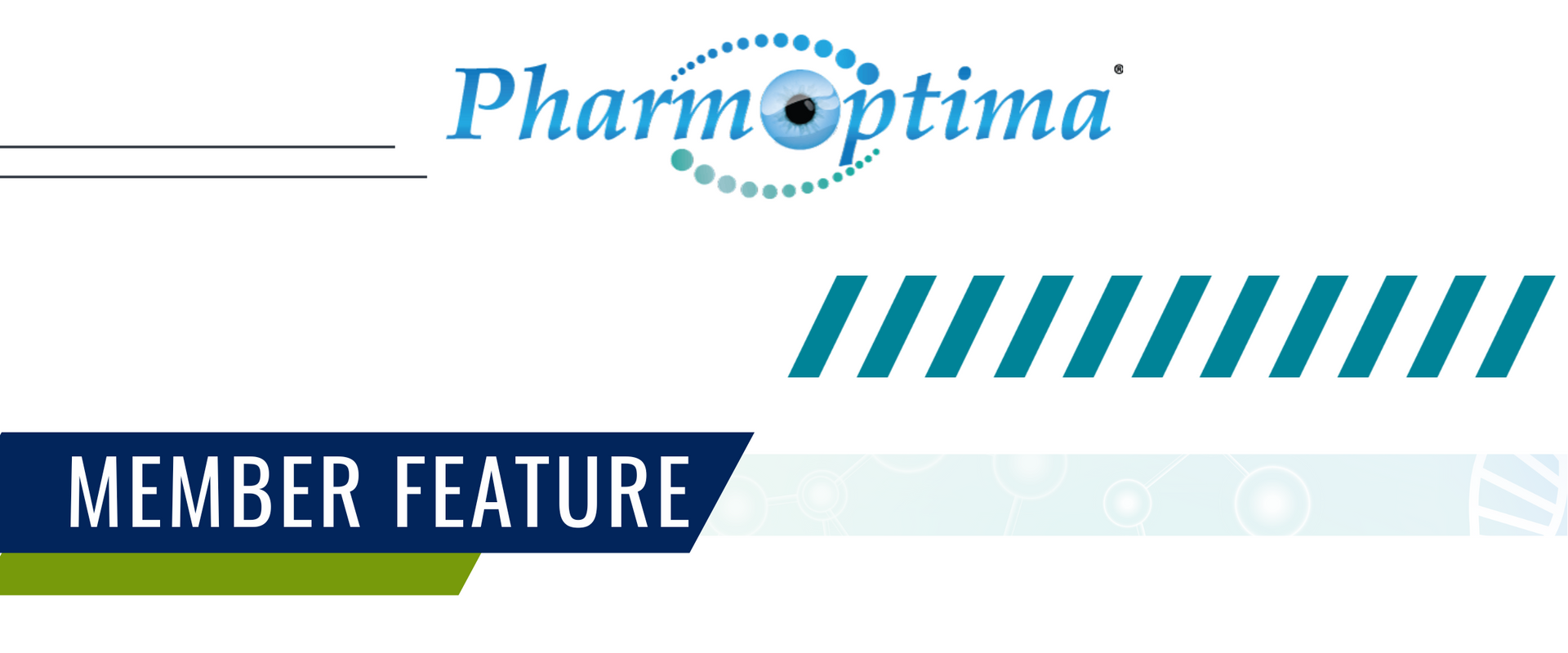April 24, 2025
Two bills, HB 4332 and HB 4333 were recently re-introduced that would prohibit pathogen gain-of-function (GoF) research. Given that the House is now Republican-led raises concerns for MichBio and others that the legislation might gain traction due to misinformation over biosafety and pandemic origins. MichBio opposes such broad legislative bans as they risk undermining critical scientific progress, public health preparedness, and economic innovation. GoF research has been instrumental in developing life-saving therapies and vaccines. For instance, viral vector-based gene therapies, such as Sarepta's Elevidys for Duchenne muscular dystrophy, and oncolytic virotherapies like Amgen's Imlygic for melanoma, rely on genetically modified viruses to deliver therapeutic genes or selectively destroy cancer cells. These advancements stem from GoF methodologies that enhance viral capabilities for therapeutic purposes. Moreover, GoF research has played a pivotal role in vaccine development. Examples like the AstraZeneca and Janssen COVID-19 vaccines and Merck's ERVEBO vaccine against Ebola employs a genetically modified virus to confer protection, underscore the public health benefits derived from GoF studies. Contrary to concerns that GoF research operates without sufficient oversight, multiple layers of regulation are in place. Since 2017, the U.S. Department of Health and Human Services has implemented a framework to evaluate and guide funding decisions for GoF research, particularly those involving potential pandemic pathogens. This framework includes stringent safety protocols, risk assessments, and ethical reviews. MichBio is most concerned that any legislative bans that broadly define and prohibit GoF research risk stifling innovation across various scientific fields. Such bans could inadvertently encompass research in virology, microbiology, molecular biology, and synthetic biology—disciplines vital for developing new therapies, sustainable agricultural practices, and environmental remediation technologies. In turn, state-level bans on GoF research could have detrimental effects on local economies and academic institutions. Such a ban could impede research critical to understanding and combating diseases, leading to a loss of federal and philanthropic funding. This could hamper the growth of the Michigan's biotech and biomedical sectors. MichBio advocates for a balanced approach that reinforces existing oversight mechanisms and fosters transparent, responsible research practices essential to safeguard both public health and scientific progress.





